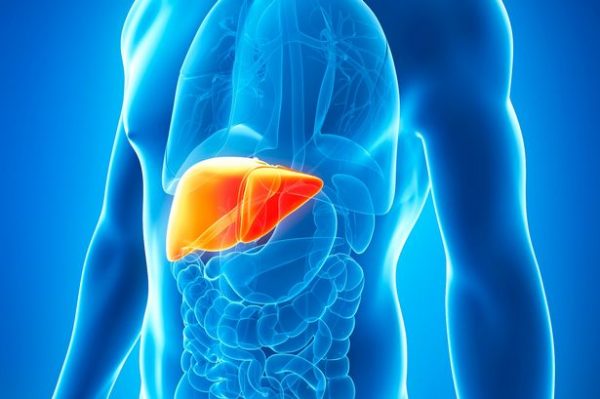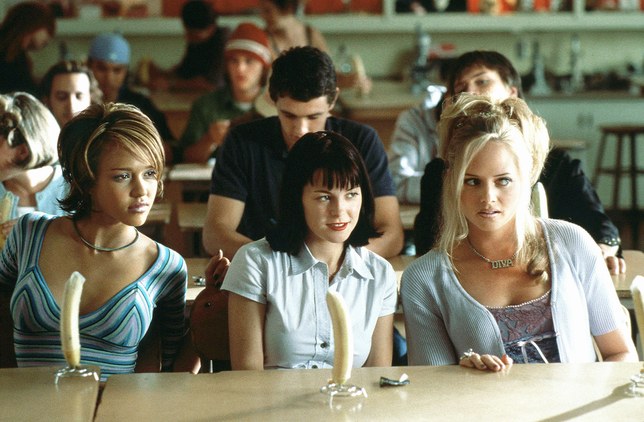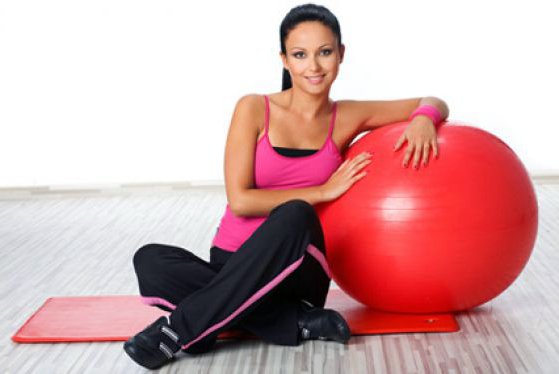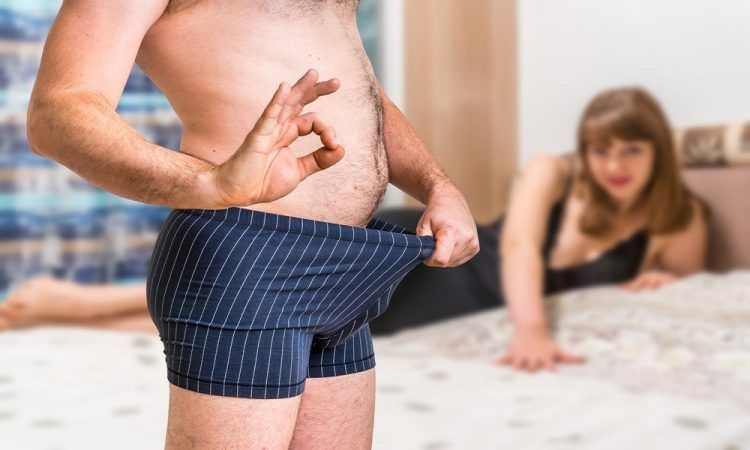Eating right for exercise

Eating right is key to losing weight with workouts. Your body should not be short on nutrients, and you need to have a ton of energy!
With beach season approaching, many of us are giving some serious through to losing weight. Some people opt for diets while others go for exercise. Exercise tones your body, burns calories, boosts your mood and cuts down on stress.
But in order to lose weight with exercise, it’s also important to eat right. Your body should not lack nutrients, and you need to have enough energy both for exhausting workouts and for everything else you need to get done during the day.
Diet basics
Many people suffer from hypodynamia (lack of physical activity), but continue to eat a lot. This leads to fat accumulation, and we end up discovering that we don’t have enough strength and energy to work out when we hit the gym.
If you don’t consume enough calories, your workouts will not yield great results. This will lead to exhaustion and reduce workout efficiency. So if you’ve decided to exercise regularly, you need to switch up your diet in order to get the most out of your workouts.
What you eat will in many ways depend on the kind of exercise you’ve chosen, as well as on your fitness level. Professional athletes stick with special nutrition plans that are developed by dieticians. But the key guiding principles are the same:
- Complete or partial fasting is not recommended for people who exercise. Fasting will exhaust your body without yielding noticeable results.
- Consult a coach or a sports physician before changing your diet. They know which adjustments you need to make.
- Don’t overeat or eat in a hurry.
- Focus on your food while you eat instead of talking or watching television.
- Eat when you are actually hungry, not because you’re bored or with friends who are eating.
Creating a workout diet plan
When setting your daily schedule, take into account exercise time and duration, along with your work schedule and leisure time.

Add your diet plan to your daily schedule. Remember that you’ll need an additional serving of protein before workouts. You need to consume protein about 2-3 hours before working out. If your job restrictions prevent you from getting a protein-based meal, snack on fruit or fermented dairy products about 30-40 minutes before a workout. Eat a bigger meal 1-2 hours after your workout, once you’re home.
Eating right after a workout may be too stressful on your system, since your body is still processing the remains of glycogen reserves released by your muscles. You need to give your body a bit of time to rest and recover. If you don’t have a workout scheduled, you don’t need a snack break.
You need energy extracted from glucose for workouts. You can get glucose from simple carbs like sugar, baked goods, chocolate, and soda or you can get it slowly from grains, fruits, rice, and beans.
Go for complex carbs, and reduce your intake of simple sugars to a minimum. This will help channel all of your energy into your muscles instead of on storing excess fat.
Opt for smaller meals, and make sure to eat at least every 3 hours. This will keep you from feeling too hungry and overeating, and all of your energy will go toward meeting your body’s needs.
Breakfast is the foundation of success
In order to make sure you have enough strength and energy to exercise, and to avoid unpleasant sensations, you need to eat a big breakfast and to exercise for at least one hour a day. This is the best combination in terms of physiology.
We recommend:

• 100% Pure & Premium Quality green coffee extract
• 1,000mg Per Serving As Suggested By Doctors
• All-Natural 60% HCA Content Per Serving
• Formulated in USA In FDA/GNP certified laboratory
• Comes With a 100% Satisfaction Guarantee!

If you eat a good breakfast, you won’t be as hungry at lunch time. This means you will eat less than you usually do. Moreover, people who skip breakfast disrupt their digestive processes by overeating in the evening.
If you’re not hungry at all in the mornings, you need to have dinner earlier. This will give your body enough time to digest food overnight so that you’ll be hungry in the morning.
Another way to boost your appetite is to go for a jog or do some exercises, then take a contrast shower. This will activate your metabolism and get your digestive system going. This diet plan will help you lose weight faster, especially if you work out every day.
Your breakfast menu should definitely include proteins, complex carbs, and some fats. These foods are necessary for rigorous physical activity. If you don’t have time to eat before leaving the house, drink a shake and eat breakfast at work.
Fiber and water!
It’s important to eat enough fiber to ensure your digestive system works properly and your body is absorbing nutrients. Fiber stimulates peristalsis and helps to eliminate toxins.
Your diet should include at least 400 grams of vegetables a day, excluding potatoes. If you don’t eat enough vegetables, add fiber supplements to your food.
Drinking enough water is key to ensuring proper metabolic activity. Liquid intake makes the fiber in your digestive system expand, stimulating digestive processes. Moreover, working out depletes your body’s fluid reserves, so it’s important to replenish them.
You need to drink a minimum of 8 glasses of pure water daily. Sometimes you may need more fluids, and you can tell how much you need by the colour of your urine. If it’s too yellow, you need to drink more water.

Healthy fats
We’re used to cutting fats from our diet when trying to lose weight. But if you work out a lot, you absolutely need fats.
Moreover, fats help burn calories and many hormones in the body are comprised of fats. These are the hormones that are activated when you work out a lot. Furthermore, fats slow down the production of insulin, which turns glucose into fat deposits. Thus, consuming fats makes your waistline and hips slimmer.
But your body needs the right kind of fats – Omega 3 and Omega 6 fatty acids, which can be found in fish and vegetable fats from oils. Any type of fish will work, so long as it’s steamed or boiled.
But animal and saturated fats (mutton, pork) are not as helpful, even though they’re a necessary source of vitamins. Your diet should include vegetable oils and a bit of butter for breakfast. Margarine and trans fats should be completely excluded.
Sample daily meal plan for people who exercise
- Breakfast: stewed cabbage or omelette with cheese – 200 g, sandwich with butter, herbal tea.
- Lunch: vegetable soup with barley – 200g, boiled skinless chicken breast with buckwheat and gravy – 150g.
- Snack 2 hours before working out: low-fat cottage cheese with fruit -100 g.
- After working out (wait at least an hour): vegetable ragout -250 g.
- Before bed: a cup of yogurt.
An athlete’s meal plan is incomplete without rest, including rest for digestion. Don’t eat after 6 pm. Give your digestive system a break. If you’re hungry at first, go for yogurt or other low-fat dairy products.
It’s also helpful to alternate between different types of workouts. This will help you get in shape fully and






